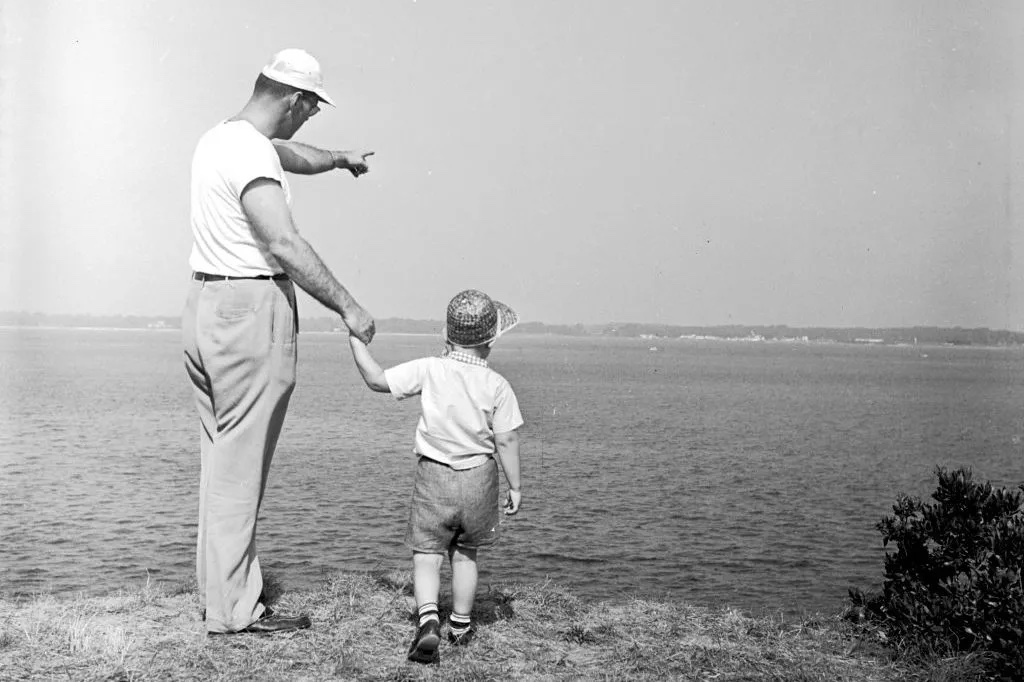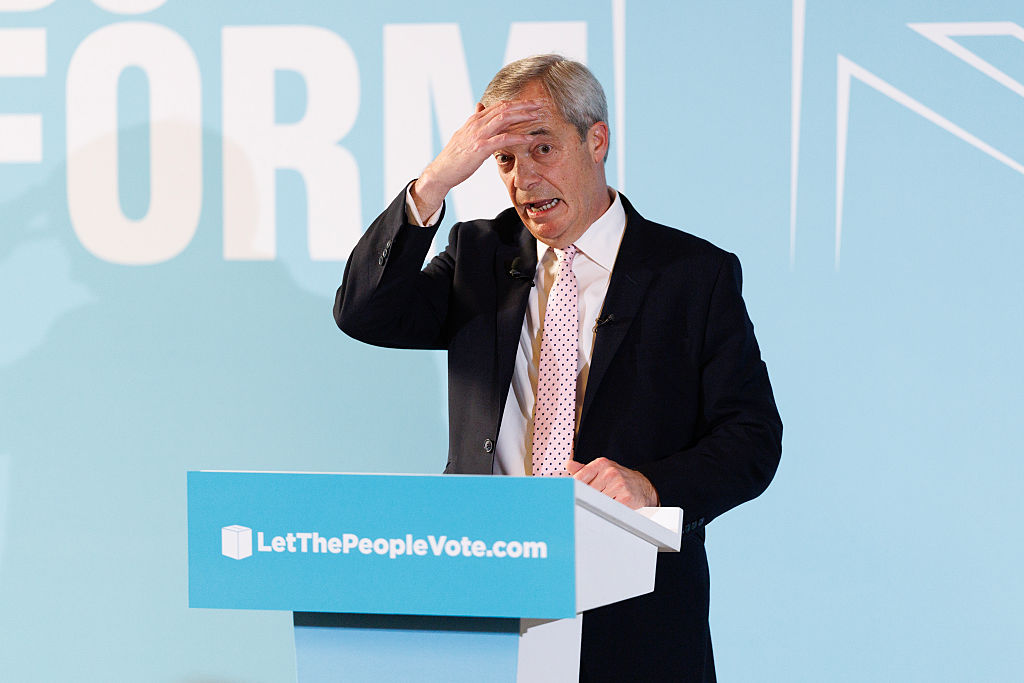My husband earns more than me. A lot more. I am, of course, extremely fortunate to be in such a position and am extremely grateful, especially when a large bill arrives on the doormat. So what, I hear you say. And you’re right — this is hardly a newsflash. According to government data in the UK, the majority of couples operate at a persistent gender pay gap in which the wife earns less than their husband.
In our highly gendered arrangement, my husband — a “Trad Dad” — does the earning, and I do the “home-making” or, as one woman puts it: “He brings the bacon home, and I fry it up.” Trad Dad is a term coined by Bill Maher, the comedian and host of Real Time. It is an accompanying term to the hugely popular and contentious tradwifery.
I have never expected gender equity. Where I live, in rural Oxfordshire, it is also the widespread social norm that the men do the breadwinning and the women look after the house and children. At my daughter’s school, it is predominantly women at the gates leaning into all sorts of well-worn stereotypes about gender and money. As a model of domestic functionality and marital harmony, it’s brilliantly simple. It also happens to be the patriarchal model that has persisted for thousands of years. If it ain’t broke, don’t fix it. Just wipe it down and polish it, which is what we do.
Trad Dads front an old-school disciplinary position toward their children — go to bed, tidy your room, that’s all I’ll say on the matter, etc. — that counters the orthodoxy of “gentle parenting.” Being a Trad Dad is also, crucially, underpinned by being the main breadwinner within the nuclear family unit. Trad Daddery is a compelling, sepia vision of marriage and parenthood that is particularly sticky in the cultural imagination. It’s children in their pajamas rushing to see Daddy when he gets home from work in the early evening; it’s Daddy asleep under the paper after Sunday lunch; it’s “be quiet” because Daddy is working. You get the picture: importantly, I’m not in it.
But does this make me a tradwife by extension? I rather think not, since no amount of tradwife polishing will shift one rather stubborn stain in the model. It turns out that I consider myself to have two occupations. The two are spectacularly incompatible and inextricably linked. Alongside my wiping duties — bottoms, kitchen counters, noses, dog paws — I am also a writer. Published, before you ask. Largely because of my husband’s income, I am afforded three days of childcare a week in which I am expected to do just that — write. Once I have divested myself of both children, walked the dog and fought various fires on the school WhatsApp groups, I make my way to the library and summon the muse. Very often she is slow to arrive, and my hand begins to itch for the easy binary of the dishcloth and the vacuum.
Privately, I know that the writing would not be possible without the wiping. This makes my husband my patron, a fact that he very generously does not remind me of. Am I ashamed of this? Yes and no. According to a study published by London’s City University in 2020, husbands who outperform their wives are in receipt of a “psychological dividend” and exhibit better mental health. Women, on the other hand, do not experience a drop in “subjective wellbeing” when their husbands bring home the dosh, or more than they do at any rate. Win-win all round, apparently.
And yet does my situation diminish my writing? Possibly, but it doesn’t make me unhappy. I try to view my husband less as payroll and more as a “literary husband” in the vein of, say, William Gaskell, who tolerated (and bankrolled, at least to begin with) his writing (and childbearing) wife.
My husband may wish that he had married someone who at least stood a chance of paying the mortgage. But I have never pretended to be anything that I’m not. When my husband and I first met, he was long into his professional ascent and I was a whimsical PhD student living in my mother’s house. My economic prospects were always set to be dire.
When we had our first child, the door to economic parity slammed shut behind me and it has never opened since, not even a crack. Sometimes I experience this as relief, a kind of automatic disqualification from the race. Many of my fellow Yummy Mummy friends in the same “trad” predicament congratulate me for attempting to work at all, and I simper back. And the writing is work — not pure indulgence, as I am sometimes inclined to think.
I message my husband from the library when I am writing this piece to ask if he minds being labeled a Trad Dad. He is in New York for work and takes a while to reply to me, ignoring my previous messages on the state of the boiler and the car insurance claim. When he does, he asks thoughtfully if the term is pejorative. I reply straight away and reassure him that it is a complimentary term that recognizes his status as the economic head of the household.
Some hours later, when I have put the children to bed, he replies with a strong-arm emoji and a beating heart. I counter this with the praying hands emoji, which offers just the right amount of deference and submission from this poor tradwife.
This article was originally published in The Spectator’s March 2025 World edition.


























Leave a Reply